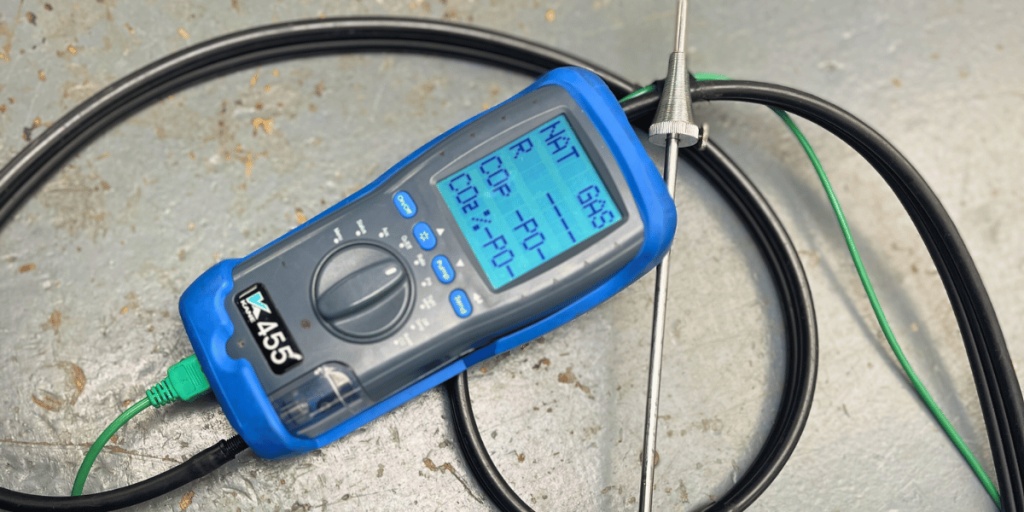
Are you interested in pursuing a career as a gas engineer, but would first like to get a better idea of what a ‘typical’ day-to-day might look like when working in the industry?
With a current average base salary of £40,288 and this research (by metals4U via Approach Personnel), predicting gas engineers to again be one of the most in-demand trades this year, the industry remains as attractive a prospect as ever.
Summarising a standard daily routine for a gas engineer can be difficult. Two consecutive days will rarely be the same, making it a great choice for those who enjoy a good amount of variety in their work.
Roles and responsibilities will also largely be dictated by the types of environment an engineer is working in, with domestic and commercial engineers usually tasked with completely different types and sizes of appliances.
With that being said, there are several core skills that gas engineers will likely find themself relying on every time they head out to work. These will mostly revolve around the installing, repairing and servicing of various gas appliances.
Below are just a few of the hypothetical situations gas engineers may encounter on a daily basis.
What a day in the life of a gas engineer might look like
At the start of the day, an engineer will most likely find themselves planning their schedule and route for the day ahead based on the jobs they’ve either booked themselves or have had booked by their employer.
After packing their van with all the necessary equipment, they leave for their first jobs. The morning begins with a couple of routine domestic boiler services. These can take anywhere between 30 minutes and two hours, with older boilers usually taking longer.
Next, you’ve been asked to visit a commercial office block to provide a quote on installing a new central heating system. It’s worth remembering that commercial gas engineers will need to obtain extra qualifications, as these kinds of systems are usually more complex than those needed in domestic settings.
Once this is done, you’ll grab some lunch. Since gas engineers are often on the go for much of the day, and aren’t sure exactly where they’re going to be, it’s not unusual for this to be picked up and eaten in the van.
Afterwards, you visit a customer who is interested in replacing their old boiler with a more modern, efficient alternative, or who wants to know a bit more about the other green technologies that might be worth considering. With sustainability now a major focus across the industry, having an understanding of these types of technologies can be a great way to increase your scope of work.
Out of the blue, an engineer might get a call about a suspected gas leak in someone’s home. After locating the source of the issue, the engineer will first ensure the environment is safe for themselves and those around them, before potentially spending the rest of their day completing any necessary repair work on the faulty appliance.
Gas engineers can generally expect their core hours to fit into the standard 9 - 5, though it isn’t uncommon for engineers to work outside of these hours.
This could include commercial engineers needing to carry out work in a commercial building before its opening hours, or on-call engineers needing to attend an emergency in the middle of the night.
If you are interested in taking your first steps towards a career as a gas engineer, then our New Entrant gas training package has been built to take you from complete beginner to the standard required for Gas Safe registration.